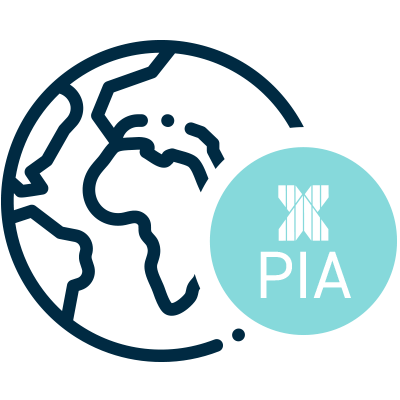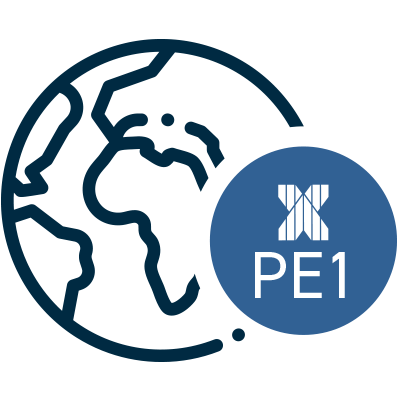SHARE PRICE
NTA POST-TAX
NTA PRE-TAX
INVESTMENT PERFORMANCE1
DIVIDEND YIELD2
CONSECUTIVE DIVIDENDS PAID
1. Investment performance since new mandate adopted 1 July 2017.
2. Dividend yield is based on current displayed share price and dividends declared over the previous 12 months
3. Grossed up yield is based on current displayed share price, dividends declared over the previous 12 months and the tax rate and franking percentage applicable for the most recently declared dividend
SUMMARY
In December 2021, the Portfolio detracted -1.1% compared to the benchmark which rose 1.7% for the same period.
In this month’s commentary, we look at the stocks that influenced December’s performance, as well as provide deeper insight into the broader approach of the strategy.























